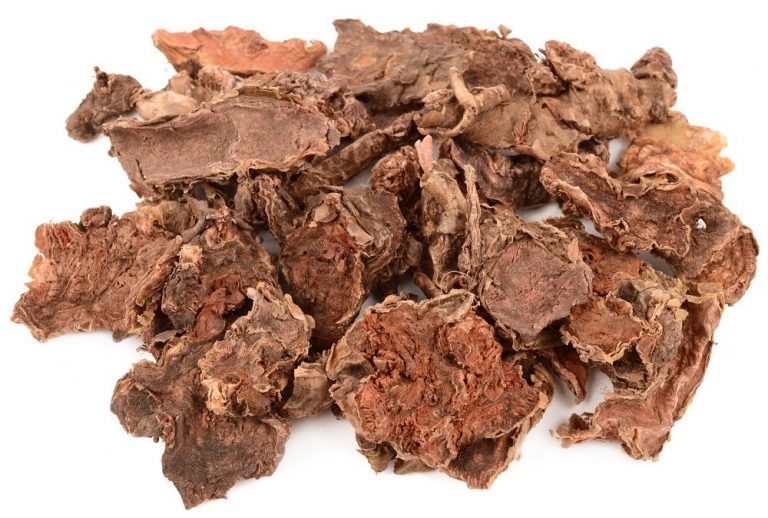Rhodiola mountain rose herb is an herb of the Crassulaceae family that has traditional anti-fatigue and adaptogenic properties. Rhodiola is probably the second most popular adaptogen (after the Panax ginseng).
With regard to fatigue, Rhodiola has the ability to significantly reduce the effects of long and short-term and physical exhaustion, which causes fatigue. 
This is more related to stress and "burnout" or prolonged effects, but with low intensity of exercise. There is some evidence that limited physical exercise can be improved by Rhodiola, but it seems to be limited to those trained in numerous athlete studies suggesting that Rhodiola has no acute ergogenic effect. Despite this, Rhodiola seems to be highly reliable in reducing the symptoms of fatigue and improving the symptoms of stress.
Rhodiola extract can improve cognitive functioning in people who experience decreased fatigue, but there is insufficient evidence to support an increase in cognition (which should occur in untreated individuals) and there is not enough research on the subject. Other potential uses of Rhodiola include preliminary evidence that it is highly neuroprotective against toxins (requires more evidence) and that consumption of Rhodiola or its active ingredients can reduce stress induced by uncontrolled appetite in female rats. In the brain, rhodiola increases serotonin levels and reduces corticosteroids; inhibits monoamine oxidase (MAO) oxidase. Rhodiola can also promote longevity, but there are also no specific studies supporting that claim.
Rhodiola supplementation should relate to either SHR-5 extract in particular or equivalent to any extract that confers both 3% and 1% rosavin salidroside.
Availability
The extract can be bought in powder or in tablets.
Dosage of Rhodiola
A daily dose that helps fight fatigue was described as 50mg. For severe anti-fatigue and anti-stress, take 288-680mg per day. It is recommended not to exceed 680mg as higher doses may be ineffective.






